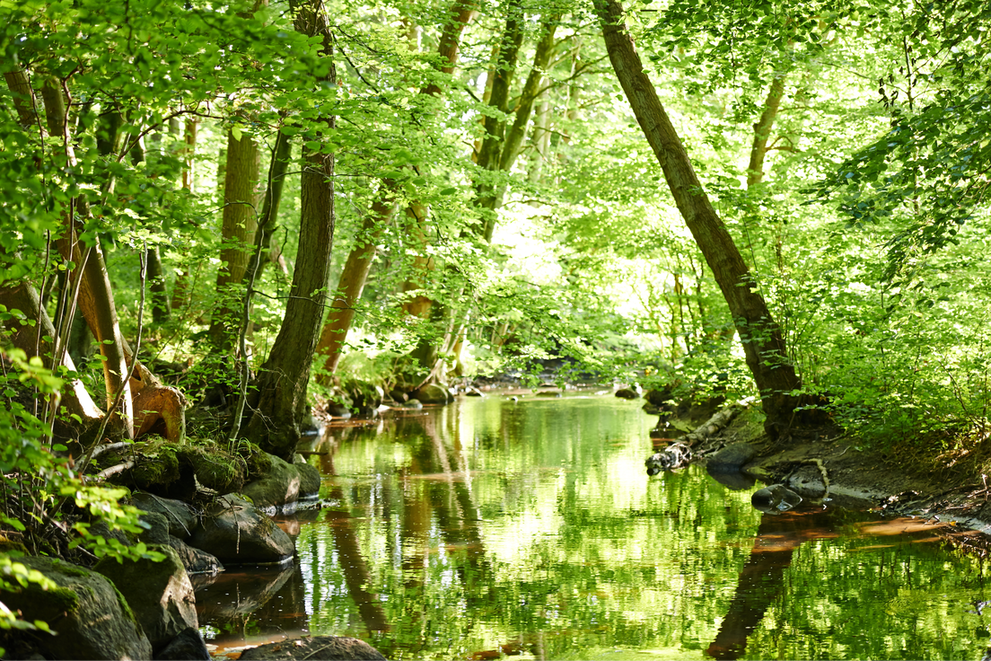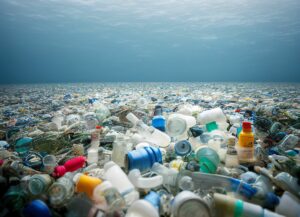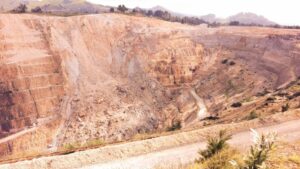About Lamiaa Biaz
Lamiaa Biaz, studied geopolitics, economics, and market finance in France at EDHEC Business School. Then, later in 2018, she completed the INSEAD MBA program.
With 15 years of professional experience, she began her career in the banking industry in Paris, working in a trading room and then in asset management.
However, she left a very prestigious career to dedicate herself to addressing poverty issues. Between 2013 and 2014, she worked on a documentary project about female rural exodus from the Moroccan countryside to Casablanca, portraying single women living in extreme poverty conditions.
Later, she returned to working in a banking environment for four years and then left to focus on sustainability issues.
Between 2020 and 2023, She led research sustainability projects funded by the European Commission (size of the projects: 5 to 42 million euros), focusing on energy, circular economy, and nature-based solutions. Her role was to collaborate with research centers and universities to develop comprehensive strategies for bringing sustainable innovations to the European market.
Finally, in 2021, she decided to create Captain Forest, an environmental and decolonial media to amplify the voices of international experts, sharing scientific, socio-economic, and geopolitical insights to uncover the depth of the environmental crisis and highlight colonial and systemic root causes.
Since 2023, she has started producing the “Elephants” documentary, interviewing over 30 global experts from 12 countries. Her objectives: challenge mainstream climate change discourse and provide a framework for decolonial ecology advocacy. Would you join her in this decolonial ecology journey?










